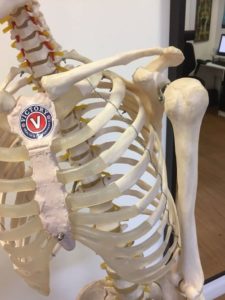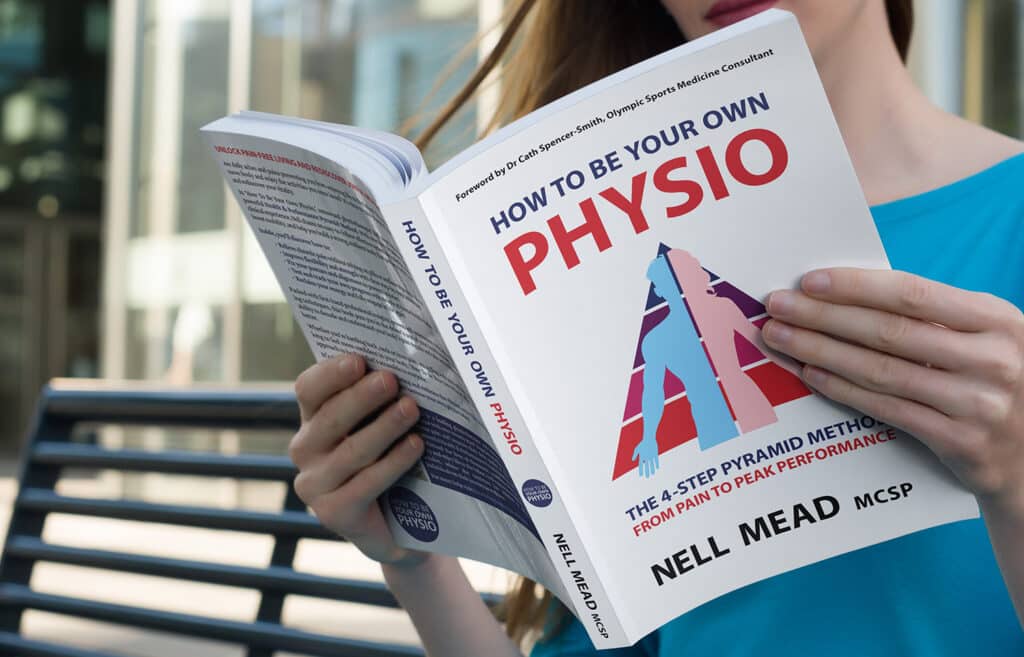
Online physio case study – Adam’s shoulder
Online physio: just “virtual first”, or can virtual be enough? I’ve been doing quite a lot of online physio
If you’re looking for shoulder instability physiotherapy, and need a therapist who is thorough and thinks outside the traditional physiotherapy box, then look no further!
New Patient Bookings Currently Closed
I’m currently not accepting new patients.
If you’re already in my system (you’ve seen me before or you’re currently on my books), please call Cheryl on 0207 175 0150.
If you’d like us to notify you when I reopen my diary, please click the button and complete the form.
I’m currently not accepting new patients.
If you’re already in my system (you’ve seen me before or you’re currently on my books), please call Cheryl on 0207 175 0150.
If you’d like us to notify you when I reopen my diary, please click the button and complete the form.
An unstable shoulder is one where the head of the upper arm bone or humerus (the “ball”) keeps popping out of the acetabulum of the shoulder blade (the “socket”). It may be subluxing (coming out partially) or dislocating (where it comes all the way out).
The ball is held in the socket by three systems:
If one of these systems is compromised, it makes shoulder stability more difficult.
Shoulder instability usually happens as the result of a traumatic dislocation (eg a rugby tackle gone wrong, or a bad fall from a bike etc) which doesn’t fully heal, resulting in overstretched ligaments; or it could be because of a connective tissue disorder such as Ehlers-Danlos Syndrome (hypermobility type) where the ligaments are more elastic.
The first thing to expect is that we’ll be having a long chat! I need to understand how easily your shoulder pops out and in which direction – and what you’re hoping to be able to do with it! For example, are we aiming to get you back to being able to carry a bag of shopping; or do you want to be able to play full-contact rugby or serve a tennis ball at 100mph?
Next, we’ll look at your shoulder and everything that may be impacting on your ability to control the ball within the socket. We need to understand whether your shoulder instability is due to bony structures, ligamentous integrity or neuromuscular control.
Working this out may involve imaging such as X-ray or MRI; and we may need to talk to other specialists such as an orthopaedic shoulder surgeon, a radiologist, a neurologist, a sports doctor or a rheumatologist.
Physiotherapy for shoulder instability will focus on retraining the muscles and movement patterns that control the shoulder, whether you’re at rest or challenging yourself. This will include the local stabilisers which directly control the ball’s position in the socket (primarily the rotator cuff muscles, though you’ll find that I’m not a fan of wafting your arm around with a bit of theraband!) and also the global stabilisers which control the position of the socket, such as the serratus anterior and lower trapezius.
However, if the passive systems (bone, cartilage and ligament) are significantly compromised, then we may also need to involve some of the other professionals. Teamwork is key to success in this situation if you’re to make the best possible recovery – but don’t forget that the most important member of the team is you!
Follow-up sessions if required are usually an hour – it’s important to me to be very thorough when it comes to shoulder physiotherapy, as I want to be the last shoulder physiotherapist you need.
Learn more about the following knee physiotherapy I provide
As a leading shoulder instability physiotherapist in London, I regularly write about injuries, treatment and assessment techniques.

Online physio: just “virtual first”, or can virtual be enough? I’ve been doing quite a lot of online physio

What is a frozen shoulder? What’s actually going on inside a frozen shoulder is still a bit open to

A lot of our patients worry about their posture – and as we all spend more time sitting, it’s becoming really important. This week, Nell looks at how posture can affect your shoulder pain

Online physio: just “virtual first”, or can virtual be enough? I’ve been doing quite a lot of online physio
Book an assessment
Simply fill in the form and my team will call you
Are you tired of quick fixes that leave you back at square one? Ready to take control of your health with evidence-based strategies?
My book isn’t just another health tome – it’s your ticket to understanding your body and conquering both niggles and long-standing symptoms.
